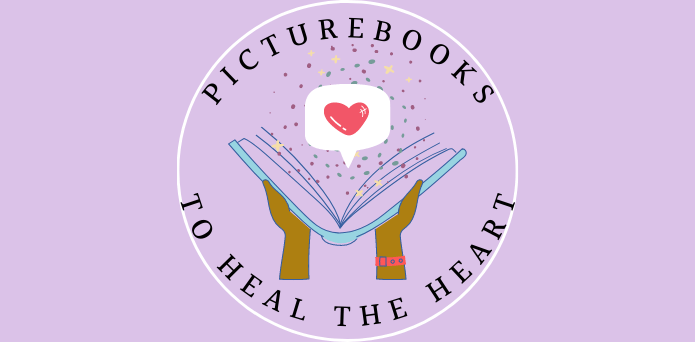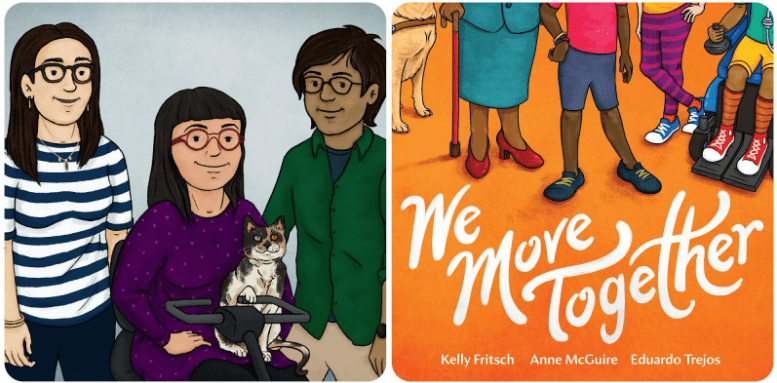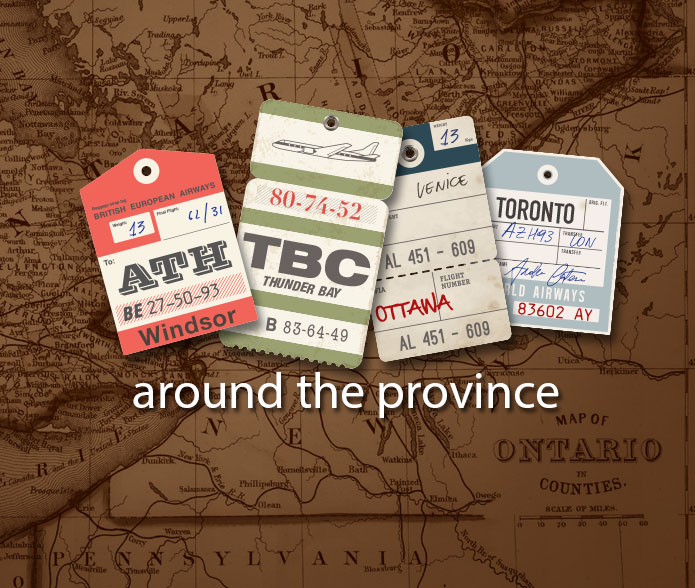Can mentorship help you in a career transition? Toby explores this as he recounts his decision to walk away from a tenure-track faculty position to become a librarian. Through OLA MentorMatch, he met with Jennifer Peters who helped him find where to focus on his job search.

Challenge and transitions
Picturebooks are transformative. There is a Scottish proverb that speaks to the work picturebooks can do: “you ask about my drinking but you never ask about my thirst.” When children have challenging behaviour, we often feel frustrated, and in the moment we forget to ask about the need that has motivated that behaviour. Part of the magic of picturebooks is that they facilitate hard conversations between adults and children about that thirst, or what author Anastasia Higginbotham calls “ordinary terrible things.”. Ordinary terrible things can include being left out, a hurtful remark from a sibling or larger issues like death, divorce, racism, sexism, ableism, or just how uncomfortable it is to feel sad for a long time. In this limited series, Dr. Shoshana Magnet shares some of the picturebooks that she believes are powerful agents of social transformation and positive change.
This month, as the country slowly begins to open and we see changes all around us, she reviews two books that are about the challenge of transitions, including how simultaneously scary and wonderful they can be.
“Transitions are hard” I say too often. Recently arriving home from errands and trying to transition into the noise of children, I found myself yelling for quiet when I was barely over the threshold. “Transitions are hard, mummy. Maybe you need to get used to noise” said my youngest. As we collectively approach a moment of transition, with its attendant joys and anxieties, I highlight two books that focus on the possibilities of movement and change.
We Move Together by Kelly Fritsch, Anne McGuire and Eduardo Trejos.
I have longed for this book. As someone with a child with a disability, this book is world changing. We are born dependent and we die dependent; it is a fantasy to think we are anything less than dependent on one another during our lifetimes on this pale blue dot. This book emphasizes that “all bodies have strengths and needs that must be met”, reminding us that we need to “move together, with no body left behind.” The illustrations are joyful — each page reminds me that one of the joys of being alive is precisely because of those moments when “we move together”—and when our shared movements produce change. We are shown an ice cream shop rendered inaccessible by a single stair, followed by a scene with folks making stair risers for the community so that all businesses can be accessible for folks who roll. ”Look for the helpers”, Mister Rogers encouraged us. Here they are, making the world better for all of us, one stair riser at a time.
This book is wondrous because it teaches critical thinking in social justice movements in a single two-page spread. In one scene, the importance of straws for some people with disabilities is shown, as one woman holds out a cup with a straw so her lover can drink. The next page features the war on straws for environmental reasons, reminding us that “these things that connect us are often what challenge us” and that “sometimes we disagree about how to be together.” And yet, We Move Together reminds us that disagreement, discomfort and conflict are not the end of the world, they are part of the struggle, the reason to patiently keep at it even if we may need to take a break. “Even when we’re by ourselves, we never move alone.”

Mr. Flux by Kyo Maclear. Illustrations by Matte Stephens.
I hate change. Does anyone like it? As we prepare for more uncertainty and change in this time of great transition, my sons and I look to books like Mr. Flux. This book is about Martin, who neither knows nor likes change. He lives in a neighbourhood in which everything stays the same, probably what Leanne Betasamosake Simpson would call a “suburban deathscape”—an “unchanging street with a fixed number of trees, dogs, cats and cars.” Until the arrival of Mr. Flux, who doesn’t just tolerate change but loves it! He enjoys mixing things up, by making art that includes a tuba filled with tennis balls for example. By contrast, Martin fears change, not wanting to try a new bike that is “too new and scary to ride.” And yet, one day Martin finds a large wooden box and, wanting to be a good neighbour, returns it to Mr. Flux. Mr. Flux is holding out a puzzle piece painted with a blue sky and fluffy white clouds. “Look, my friend just sent me a bit of sky,” says Mr. Flux, sparking a lovely friendship.
The pandemic has necessitated spending more time with our neighbours for many reasons. I feel so grateful to my adult neighbours for taking an interest in my children, talking with them seriously and asking them how they are hanging in. Mr. Flux is this kind of adult, and he nurtures and encourages Martin to dare to try some changes. Even when they don’t understand one another, they both like “each other enough to give new things a go.”
And isn’t that all life is, really? An unending series of trying to give new things a go. This pandemic time asks so much of us, including to keep trying, even when we are surrounded by unwelcome and frightening change. There you have it. You can sweep the tide back with a broom until you are covered in blisters, but one truth among many is that we are bobbing on these changing tides of life, both separately and together. When the day comes that Mr. Flux is ready to move on. Martin is sad, and is secretly delighted when Mr. Flux’s car breaks down. But then he sees “Mr. Flux’s sad face and knew he had places to go”, Martin goes off to fetch his “beloved old red bicycle” and bequeaths it to Mr. Flux. This book revives the old truism: isn’t it better to have been transformed by love than never to have loved at all?
Who are these books for?
These are picturebooks for families looking for books to help their children with moving or transitions or change, as well as doctors or early childhood educators looking for any books for kids related to disability.
Shoshana Magnet is a mother of two as well as professor of Feminist and Gender Studies at the University of Ottawa. She writes a listserv on picturebooks that talk about big feelings and topics, including divorce, grief, anger, sadness as well as issues related to social justice like on racism, sexism and homophobia. Subscribe to her listserv: Feminist Picturebooks.
